
Tooth extraction is sometimes necessary, for example when a tooth is impacted and pushing against other teeth in the jaw, if there is not enough room for all the teeth in the jaw, or, most commonly, when a tooth is so affected by decay that it cannot be saved.
Tooth extraction procedure is no longer painful, thanks to the use of the anesthetics, but it certainly is not a pleasant experience either. Some discomfort is to be expected after the procedure, especially after the surgical removal of a tooth, and it usually includes swelling, minor bleeding and pain. However, sometimes complications occur after tooth extraction, like dry socket, infection, bleeding and pain.
Proper aftercare following a tooth extraction can not only prevent complications, but it can also speed up the recovery.
Tooth extraction aftercare
When a tooth is extracted, it is normal to experience some bleeding. However, it is important to prevent excessive bleeding by promoting the formation of a blood clot that will seal the wound and prevent bleeding. Dentists recommend gently biting on a piece of gauze for several hours after the procedure.
Rinsing, smoking, drinking with a straw and similar suction movements can dislodge the clot and cause bleeding. If the bleeding persists after a few hours following the procedure, the patient can apply the gauze again or use a cold wet teabag to stop the bleeding.
First night after the extraction it is recommended to sleep with the head slightly propped on the pillow.
Smoking is not allowed in the first 24 hours after the extraction. Food should be soft and it is best to chew on the other side of the mouth, at least for a while.
Exercise is not recommended during the recovery period. It is best to rest for a while and take it easy.
As for the diet, at first it will consist only of liquids and very soft foods. It is recommended to take plenty of fluids, like water and fresh juice.
Swelling can be reduced by applying ice packs or towels soaked in cold water.
Pain relief after tooth extraction
As soon as the anesthetic wears off, pain will set in. the pain is worse during the first day and then it gradually subsides. Dentist or oral surgeon will prescribe or recommend the medication that works best for this type of pain and that is supposed to be taken during the first two or three days. It is best not to wait for the pain to set in and to take pain killers at the first sign that the anesthetic is wearing off.
Aspirin is not recommended for tooth extraction, as it may interfere with the formation of blood clots.


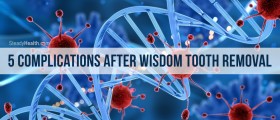

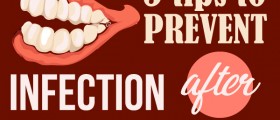
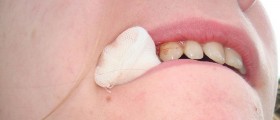
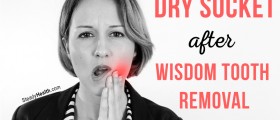
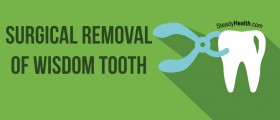
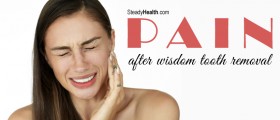

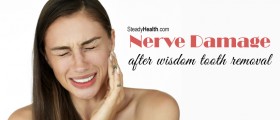
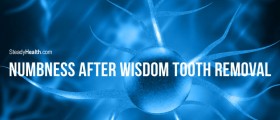



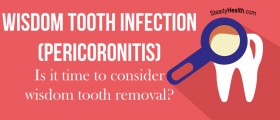
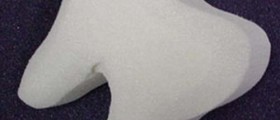
Your thoughts on this
Loading...